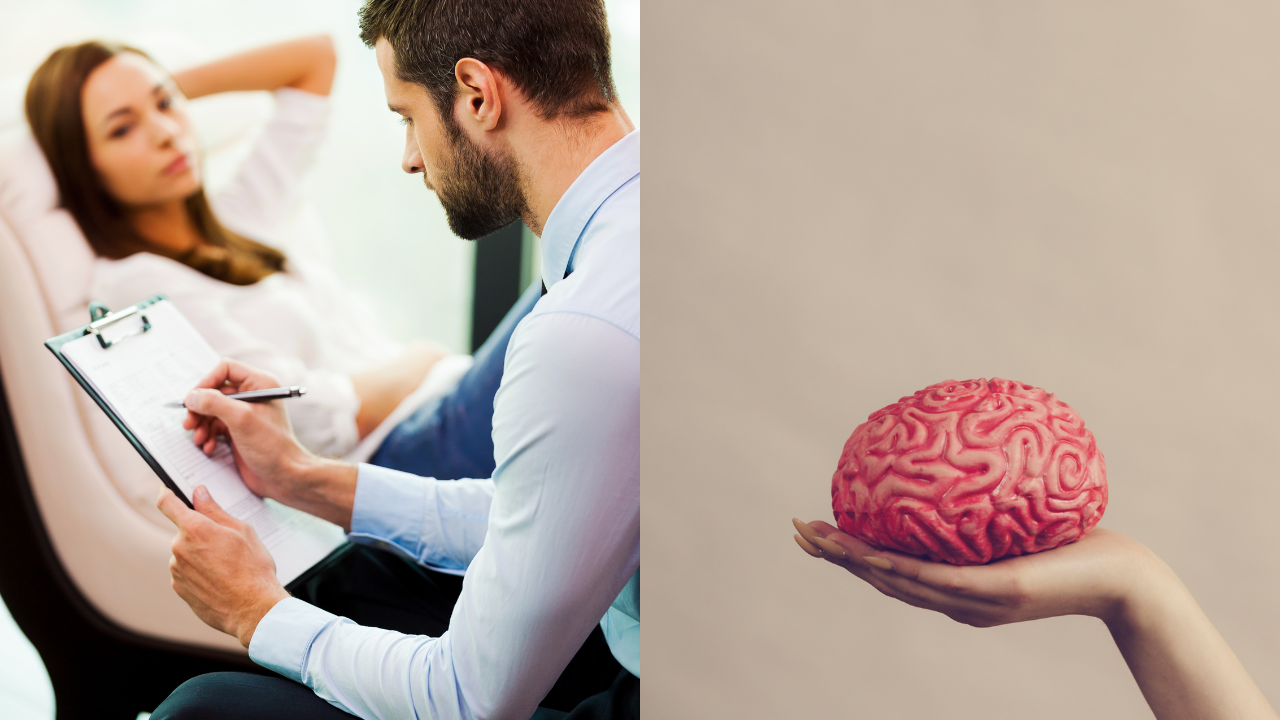Stroke survivor is not only someone whose physical health gets affected, but their mental health also takes a toll. This greatly impacts their quality of life as stress, depression and anxiety worsen their situation further. We speak with Dr Ashish Bansal MD, a Consultant Psychiatrist and the Co-Founder of House of Aesthetics in New Delhi, on ways to cope with mental health challenges after a stroke.
Open Communication Stroke survivors often find it hard to communicate their feelings, especially the ones that they face psychologically, as they are not able to process their emotions with so much going on in their lives. If a psychiatrist wants their client to talk to them, he/she must provide a safe and comfortable environment wherein they can express their emotions and know that these are normal and treatable too! Physical Activity Mental health can be improved by any form of exercise, may it be just walking or body stretching exercises. This is due to the release of endorphins, the happy hormones, which help to alleviate the mood.
Also engaging in exercise helps stroke survivors by giving them a feeling of accomplishment and recovery. Therapeutic Treatments For stroke survivors suffering from depression or anxiety, their psychiatrist can use cognitive behavioural therapy (CBT). Through CBT, clients understand how to process negative feelings and learn to handle their stress.
Meditation, deep breathing or any other mindfulness techniques can also help to conquer the mental he.


















